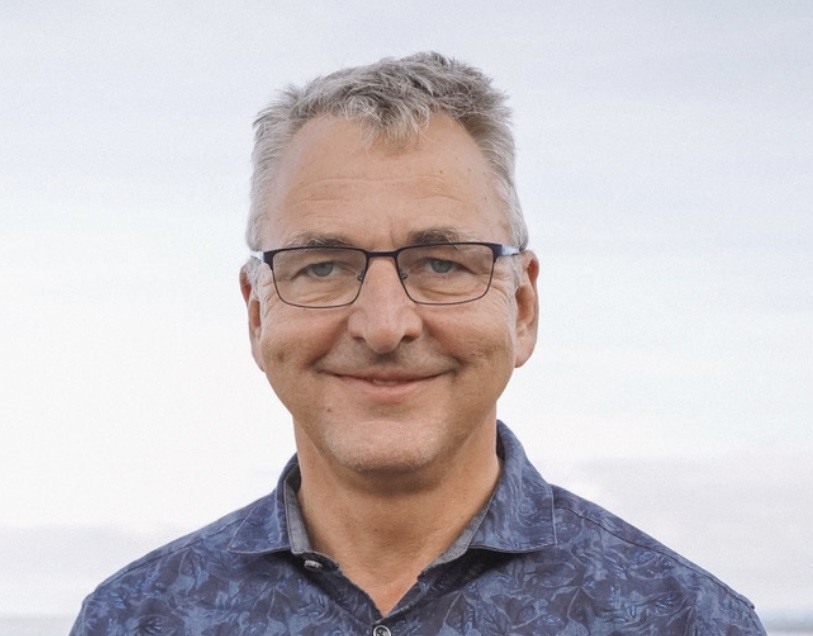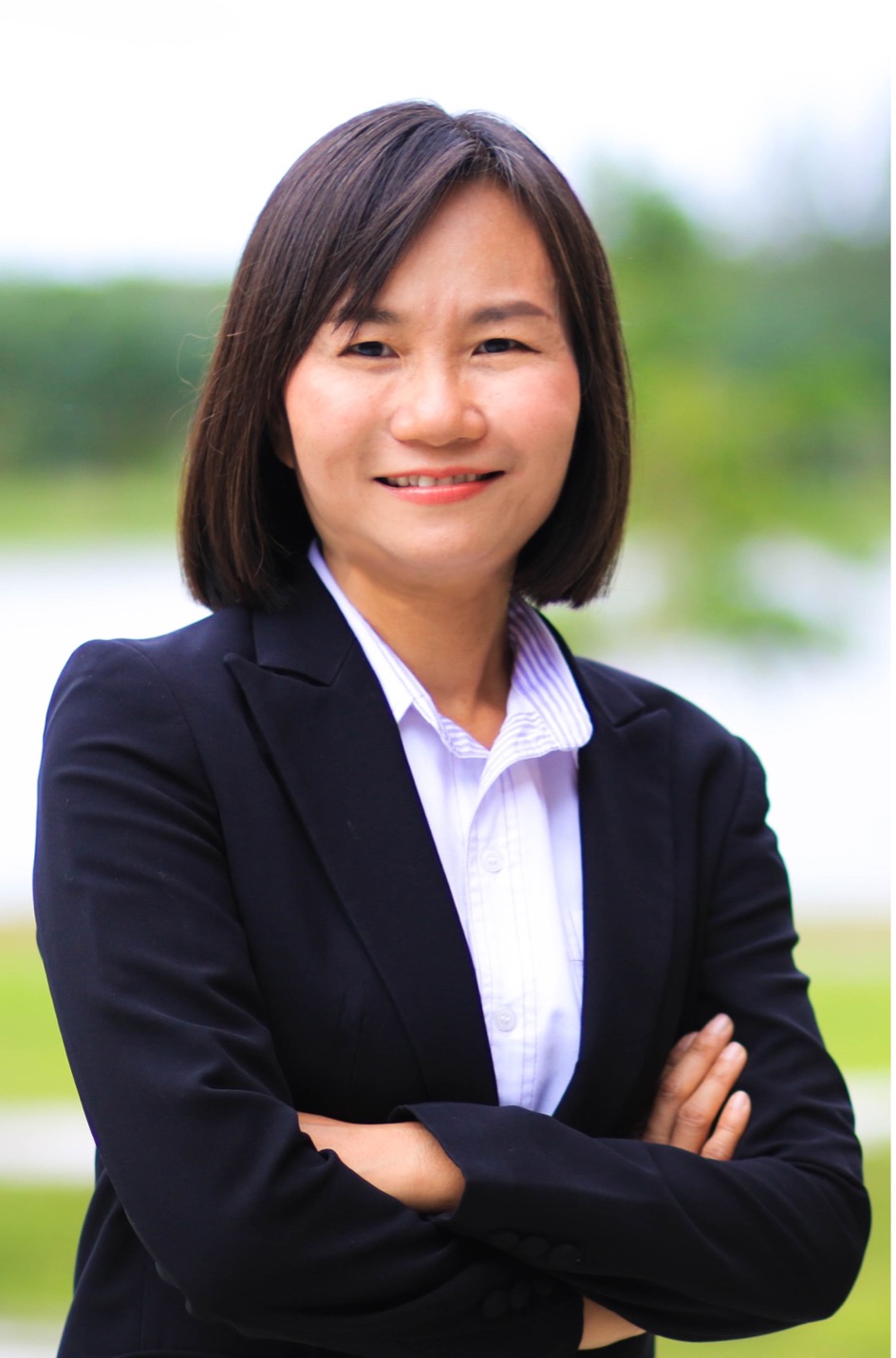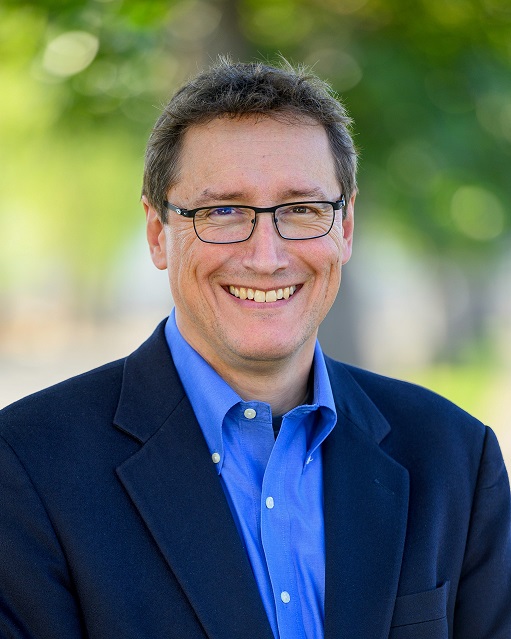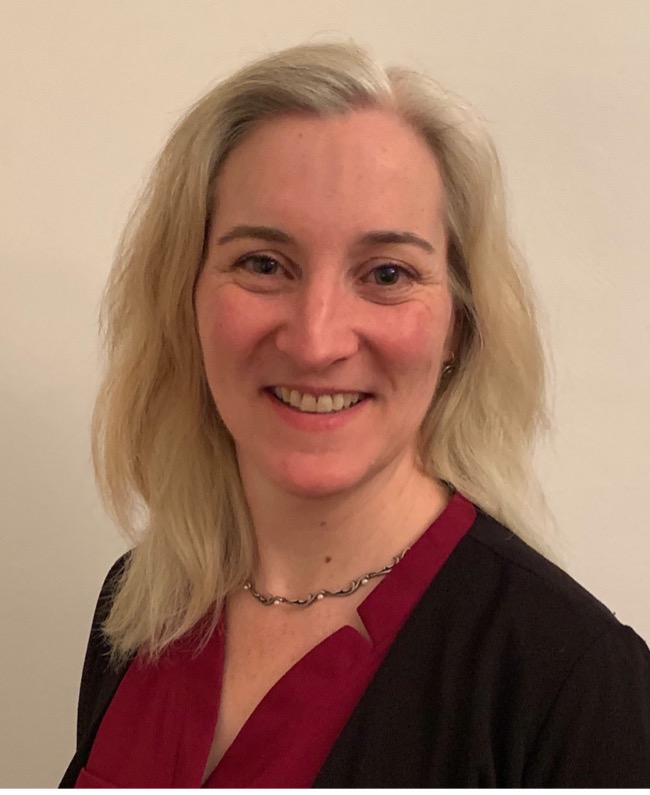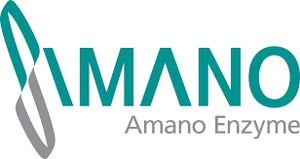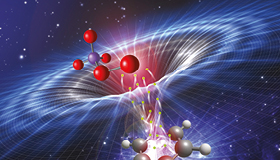Welcome
Join us for this edition of the Faraday Discussion series. The Faraday Discussions are unique international discussion meetings that address current and emerging topics at the forefront of the physical sciences.This meeting is for established and early-career scientists, postgraduate students and industrial researchers working on various aspects of biocatalysis. It will be of interest to researchers working in the areas of enzyme design, protein engineering and catalyst optimization, both in industry and academia, and will provide the opportunity to identify opportunities and challenges, share expertise and advance knowledge at the frontiers of this rapidly developing area.
On behalf of the organising committee, we look forward to welcoming you to London, or if you are joining us virtually, online.
Adrian Mulholland and Nick Turner
Co-chairs
Format
Faraday Discussions have a special format where primary research papers written by the speakers are distributed to all participants before the meeting, and most of the meeting is devoted to discussing the papers. All delegates at the meeting, not just speakers, have the opportunity to make comments, ask questions, or present complementary or contradictory measurements and calculations during the discussion sessions. In addition, there is a dedicated poster session where further discussion takes place. The research papers and a record of the discussion are published in the journal Faraday Discussions.Themes
Biocatalysis, a rapidly evolving field with increasing impact in synthesis, chemical manufacturing and medicine, is being transformed by advances in biophysical and computational techniques. It is expanding into new areas of chemistry, facilitated by de novo protein design, directed evolution, incorporation of new catalytic functionality into proteins, genetic data, developing spectroscopic and structural techniques, and informed by modelling, machine learning and artificial intelligence. The four themes of this Discussion will unite researchers working in different fields (for example synthetic biology, computational chemistry and mechanistic organic and organometallic chemistry) to improve our understanding of enzyme catalytic power with a view to engineering hybrid and artificial enzymes.Enzyme evolution, engineering and design: mechanism and dynamics
This session will focus on understanding the effects of directed evolution on biocatalysts, the practical application of directed evolution, and understanding and overcoming the limitations of protein design and directed evolution. Specifically it will include: incorporation of simulation with protein design and directed evolution into protocols for biocatalyst development and optimization; integration of structurally detailed mechanistic models into biocatalyst design and engineering; predicting and evaluating effects of mutations in silico; biocatalyst discovery and optimization; tailoring of enzymes to specific reaction environments; creating de novo catalytic activities; role of the enzyme scaffold and scaffold engineering; entropy, enthalpy and activation heat capacity in thermoadaptation; biocatalyst screening; data mining and combining catalytic and biological (e.g. genetic and structural) data; stability-activity trade-offs; development of experimental and computational assays for biocatalysis activity.
Biocatalytic pathways, cascades, cells and systems
This session will consider the compatibility of biocatalysts in natural (e.g. cellular) systems and how to integrate biocatalysts into practical processes, taking efficiency and environmental impact into account. Relevance to clean energy and achieving a net zero economy. Cleaner cofactor recycling for biocatalytic chemical synthesis. Whole cell cofactor regeneration. Sustainable synthesis. Environmental aspects. Engineering of metabolic pathways. Effects of cellular stress. Reaction optimization. Enzyme immobilization. Nanoreactors (e.g. lipid based). Biocatalytic retrosynthesis. Scale-up of processes. Opportunities to develop and optimise productive continuous flow processes in targeted catalytic reactions integrated with efficient product separation. Robustness of cascade/flow processes. In operando techniques for biocatalyst interrogation. Challenges of poorly water soluble substrates. Integrated chemo-enzymatic syntheses. Multiphase (liquid-liquid, solid-liquid) systems. Development of ‘toolboxes’ of biocatalysts primed for application and directed evolution.
Biocatalysis for industry, medicine and the circular economy
This session will explore challenges in developing industrial applications, including the need to accelerate predictions of activity from the sequence; library screening; identification and optimization of enzyme stability for practical process application and optimal lifetime; comparison of all aspects of biocatalytic and equivalent chemocatalytic processes to quantify sustainability/economic differences; the development of process design methods for efficient implementation of the biocatalytic alternatives in industrial applications, and linking these effectively to chemocatalytic processes.
Artificial, biomimetic and hybrid enzymes
This session will focus on the development of hybrid biocatalysts, incorporating features of natural proteins. Specifically, it will cover: the design, development and practical catalytic application of non-natural protein catalysts and biomimetic catalysts; comparison of artificial metalloprotein catalysts with natural metalloenzymes; control of reactivity and appropriate reaction conditions; metal recovery; optimization by chemogenetic methods to improve activity and selectivity of artificial metalloenzymes; links to protein design; scaffold and framework effects; directed evolution of protein biocatalysts containing unnatural amino acids; biomimetic organocatalysts.





